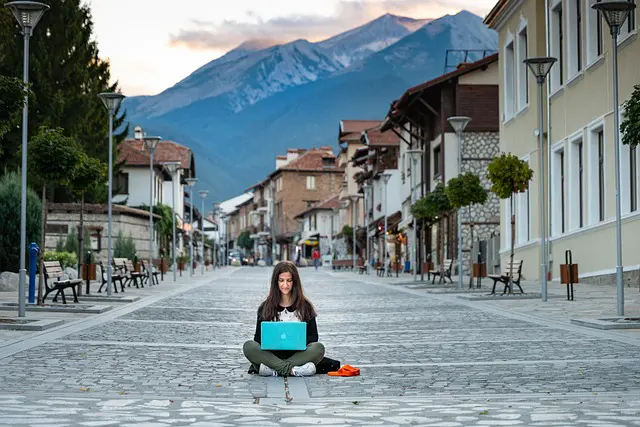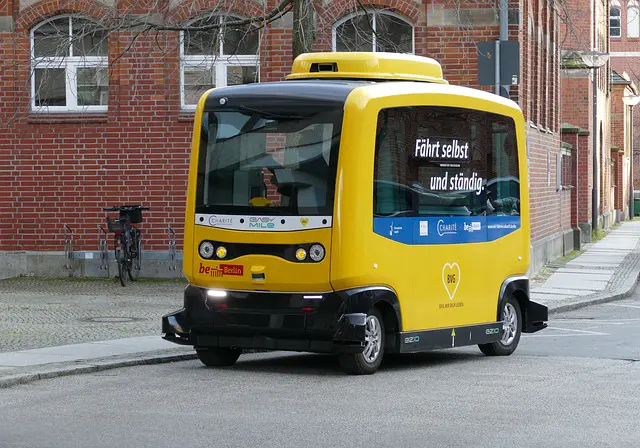The concept of "workcations" has gained significant traction in recent times, especially with the rise of remote work opportunities. Instead of taking a complete break from work, people are opting to blend their professional and personal lives, allowing them to explore new destinations while maintaining productivity. Here are the factors contributing to the anticipated dominance of workcations in the travel sector by 2025:
- Enhanced Flexibility for Remote Workers: With businesses increasingly adopting flexible work arrangements, remote employees have the autonomy to work from any location of their choice. Workcations offer these individuals the chance to balance their professional commitments with the excitement of discovering new places, whether it's through virtual meetings or working from picturesque locations.
- Rise of Mobile Coworking Spaces: There is a burgeoning demand for coworking hubs in popular travel destinations. Cities across the globe, from Bali to Barcelona, are now equipped with a range of work-friendly environments that combine comfort with productivity, featuring reliable internet access and a vibrant community of fellow remote workers.
- Tailored Workcation Packages: Some destinations are crafting specialized packages for workcations, which include long-term stays with access to workspaces, conference facilities, and social gatherings. These offerings are designed to meet the needs of those looking to blend work and leisure seamlessly.
- Focus on Wellness: Many workcation destinations are now integrating wellness programs, providing digital nomads with opportunities to unwind and rejuvenate post-work. Features such as yoga retreats, meditation areas, and nature walks are part of the workcation experience, promoting a comprehensive approach to living.
As remote work becomes increasingly common, workcations are set to transform our approach to combining travel and work, transforming what were once routine business trips into enriching and energizing experiences.









